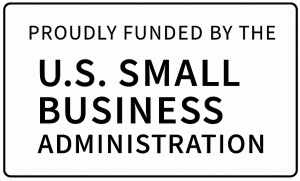Overseeing a construction project resemble leading an orchestra. There are a lot of moving components, and making ensuring everything works well together. We at Sumer Innovations are here to simplify and make Construction Project Management easier to understand because we recognize how complicated it may be.
What is Construction Project Management?
Construction Project Management is like being the captain of a boat. You are in charge of making sure everything runs easily from launch to finish. You have to plan, organize, and coordinate the entire moving corridor to get the job done on time and within budget.
The construction project management phases
- Planning: Planning is the process of determining what has to be done and how to do it. You draft a plan that establishes the project’s parameters, assigns a budget, and specifies when it must be finished.
- Execution: after the plan has been established, it is time to carry it out. You make the appropriate hires, acquire the required supplies, and begin construction. Getting the work done in accordance with the plan is the main focus of this phase.
- Monitoring and control: Since plans don’t always work out, monitoring and control are important. You monitor the project’s development, keep tabs on costs, and make necessary adjustments to stay on course.
- Closing: After a project is completed, it’s time to wrap things up and give the client the project. Before calling it a day, you ensure that everything satisfies the specifications and obtain final approval.
Strategies for Construction Project Management
- Communication: Maintaining everyone understands requires effective communication. Speaking with your group, your customers, and any other project stakeholders requires communication skills. Open and honest communication keeps things moving smoothly and helps avoid misunderstandings.
- Planning and Organization: The cornerstone of any construction project’s success is a well-though-out plan. It is imperative that you are aware of what has to be done, by whom, and by when. Being organized and staying on top of things helps you avoid delays and keep the project on track.
- Risk Management: Risk associated with construction projects range from inclement weather to supply chain interruptions. Potential hazards must be recognized up front, and a mitigation strategy must be developed. This could entail planning ahead and keeping backup supplies on hand or adding extra time for any delays.
- Quality Control: You want the final product to either surpass or satisfy the requirements of your customers. This entails being meticulous and ensuring that everything is completed to the highest possible degree.
Conclusion:
Construction Project Management is all about keeping facts running easily from launch to finish. At Sumer Innovations, we simplify the process, so you can concentrate on the most matters to achieve your goals. By following these simple strategies and staying organized, you can insure that your coming construction design is a success. So whether you are erecting a house or a hutment, flash back the basics of construction design operation and watch your design come together like clockwork.




